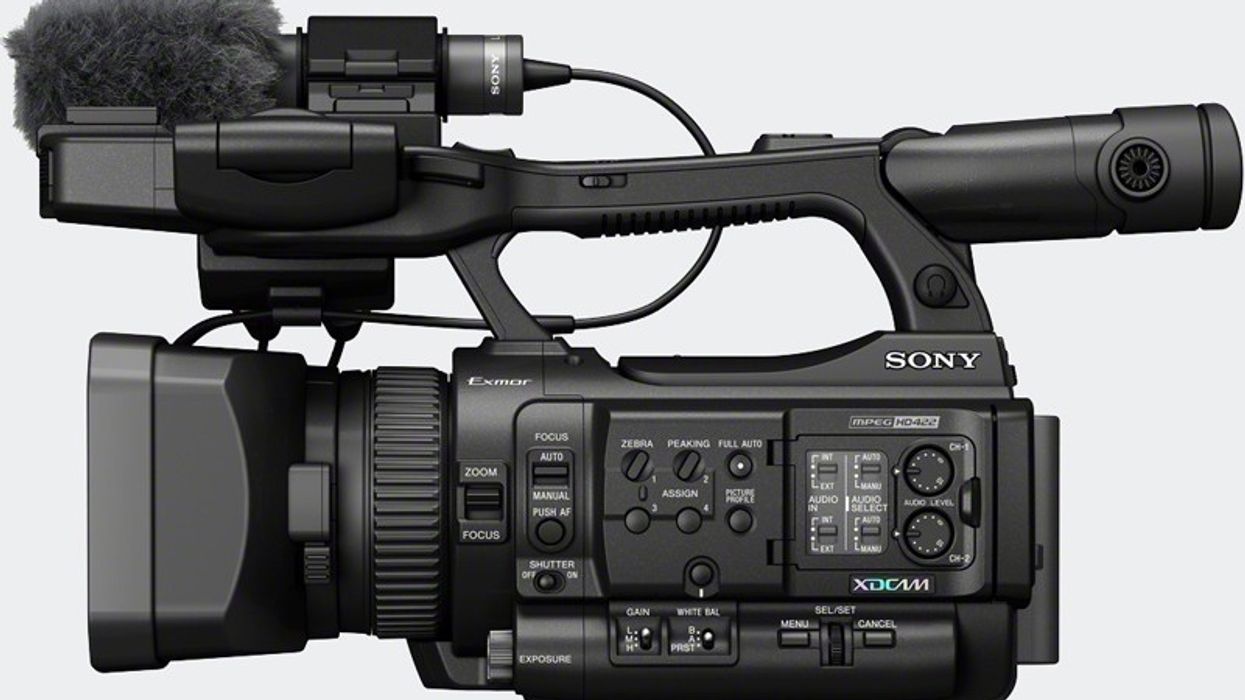BBC to Lay Down the Law: Sony PMW-100 Will Not Be Certified

Awhile back I had talked about the advancements that Sony was making with the low-end camera division, and how that would likely lead to a better codec on the still unannounced Sony F5 (if you believe Sony's product line, it's coming). Turns out Sony's insistence on putting such a high-end codec in a low-end camera may have been all for nothing for a huge segment of users. Historically the BBC has been very difficult and strict on standards, and they've required cameras to shoot at a minimum of 50mb/s. Sony added this feature to the PMW-100, but it seems the BBC is not just concerned with bitrate.
Here is what HD Warrior had to say about the situation:
A source within the BBC has just informed me that the PMW-100 will not get the HD stamp of approval although they would not go any further with specific details...So where did the PMW-100 go wrong…simple, the 1/2.9-inch type Single-chip Exmor CMOS does not come up to the spec for broadcast it’s a tad bigger than one third inch but not having three chips was always going to be it’s Achilles heal.
Turns out that the single sensor will not be enough for the BBC to approve the camera. This is a problem for Sony, who surely added the 50mb/s feature specifically so it could compete in this market. Here is what the BBC says about these matters:
The BBC uses the EBU’s Recommendations for high definition cameras. The current document EBU R118 gives details of camera criteria and how they can be tested. The site also has recommended set-ups for all cameras currently tested...Cameras usually have a minimum of 3x1/2” sensors or 1x1” and a recording format of a minimum of 50Mbs inter-frame or 100Mbs intra-frame.
This isn't to say that the PMW-100 is not a good camera, but there are plenty of good cameras that have not passed the certification process. There are some strange inconsistencies in the camera list and in the specifications, but if you're trying to get something onto the BBC, there's no way around these specifications.
It's also interesting that the standards have remained so high for the BBC while American stations literally allow anything and everything as long as we can see the picture. Video from almost every camera out there has made its way onto a television screen at some point in the U.S. Is this saying that Americans don't care about quality, or maybe those from the U.K. are a little too strict? Maybe there is a middle ground somewhere?
What do those from BBC territory think? How does this decision affect you?
Link: BBC - Production and Delivery Standards
[via Notes on Video & HD Warrior]











